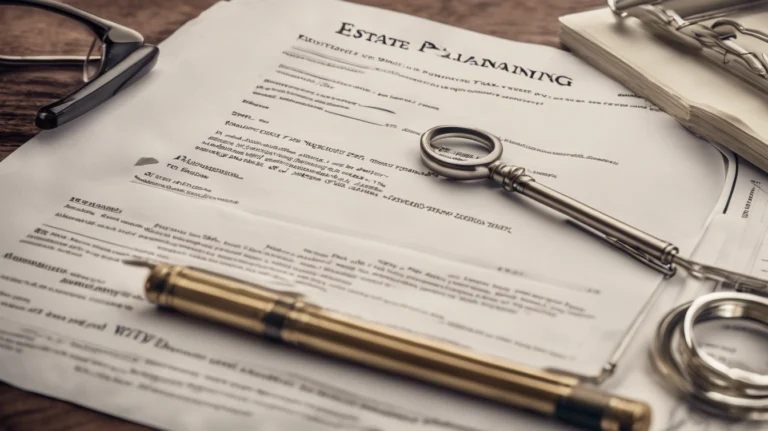
Major estate planning documents you should have
Primary Estate Planning Documents You Should Have Estate planning is an essential aspect of financial management, especially in New York, where state-specific laws can significantly


Home » Estate Planning » Page 11

Primary Estate Planning Documents You Should Have Estate planning is an essential aspect of financial management, especially in New York, where state-specific laws can significantly
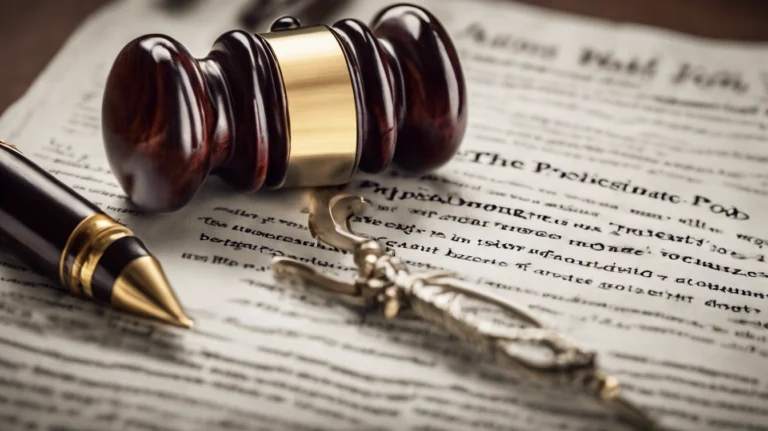
Exploring Alternatives to Probate in New York Probate is a court-supervised process that validates a will, settles debts, and distributes the assets of a deceased

Disney Seeks to Dismiss Wrongful Death Suit Due to Disney+ Agreement The tragic loss of a loved one can lead to complex legal battles, particularly

Choosing a Guardian for Your Children in New York Choosing a guardian for your children is one of the most significant decisions you can make
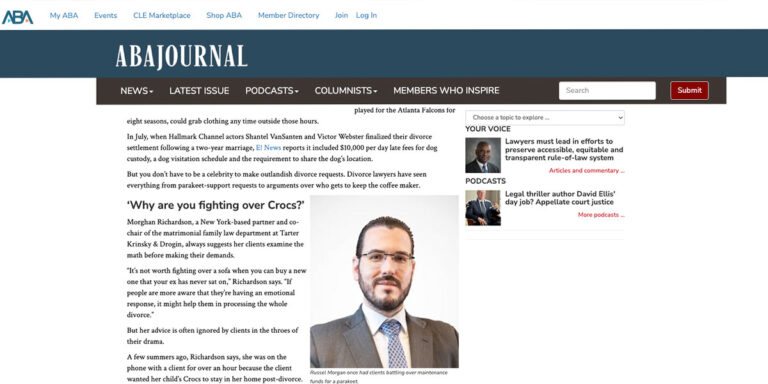
Outlandish Divorce Requests Seen by Attorneys Divorce is often an emotional and complex process, and sometimes, people can make surprising or even outlandish requests during

In today’s economic climate, protecting your assets is not just about saving money—it’s about strategic planning to ensure financial stability and security for the future.

The probate process in New York is a critical legal procedure that ensures the orderly distribution of a deceased person’s estate according to their last

Today, House Republicans unveiled their initial impeachment inquiry report, a comprehensive document detailing allegations of abuse of power and obstruction of justice against President Joe

All About Revocable Trusts in New York To ensure your assets are managed and distributed according to your wishes, estate planning is essential. One of

Probate New York Attorneys Probate can be one of the most complex and stressful aspects of estate administration. It involves the legal process of validating

Living Trust in New York Regarding estate planning in New York, a living trust is one of the most effective tools available to manage your

Estate Planning as a DIY Challenge In an era where information is more accessible than ever, many individuals feel empowered to take on challenges that

Rising Drug Overdose Rates and Legal Penalties in New York Drug overdose rates in the United States continue to climb year after year, raising significant
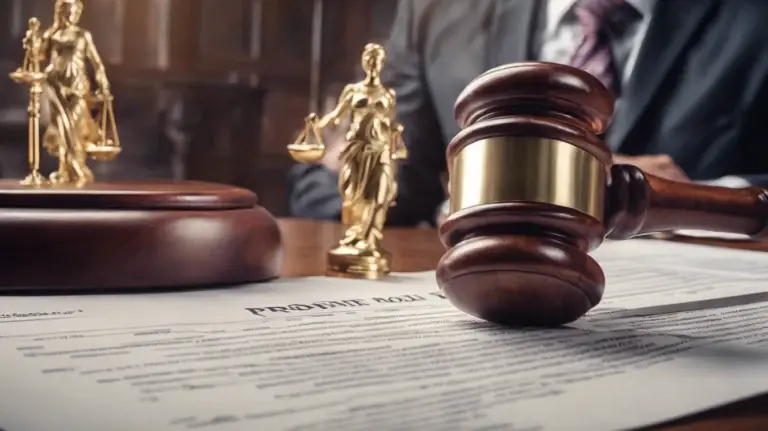
Understanding the Role of a Probate Property Attorney in New York The probate process is a legal procedure that occurs after someone passes away, involving
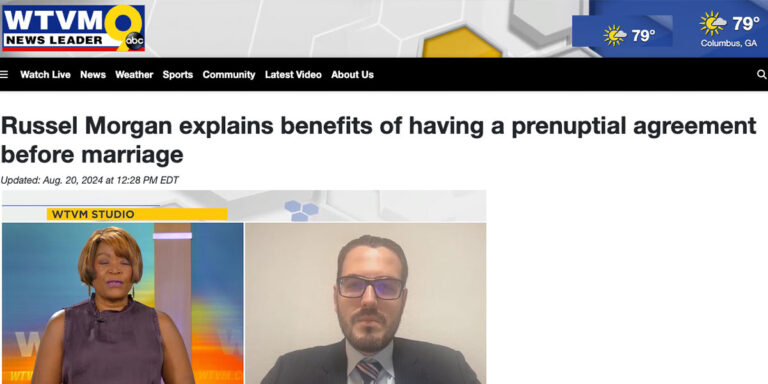
The Benefits of Having a Prenuptial Agreement Before Marriage Marriage is one of life’s most significant decisions, but it comes with financial and legal implications.

Estate Planning for Vacation Homes in New York Owning a vacation home can be one of the most rewarding investments. It provides a retreat for

Major Reasons for Guardianship in New York Guardianship is a legal process in which a court appoints an individual, known as a guardian, to make

Will an Attorney in New York: Protecting Your Future Creating a will is one of the most important steps to plan for your future and

Guardianship in New York: Understanding the Process and Importance In New York, the guardianship process is a legal mechanism designed to protect those who are

Make Estate Plans at the Right Time in New York Estate planning is essential to ensuring that your assets, health care decisions, and the future

The Probate Process in New York: A Comprehensive Guide The probate process is often a challenging time for families as they cope with the loss

Probate Lawyers in NYC: Guiding You Through the Probate Process The probate process can be complex and overwhelming, particularly during a time of grief. At

Probate Lawyers in NYC: Guiding You Through the Probate Process The probate process can be complex and overwhelming, particularly during a time of grief. At

New York Estate Planning Lawyer: Protecting Your Future When it comes to securing your assets and ensuring your loved ones are cared for, proper estate

All You Need to Know About a Last Will in New York and New Jersey Creating a Last Will is a crucial step in estate
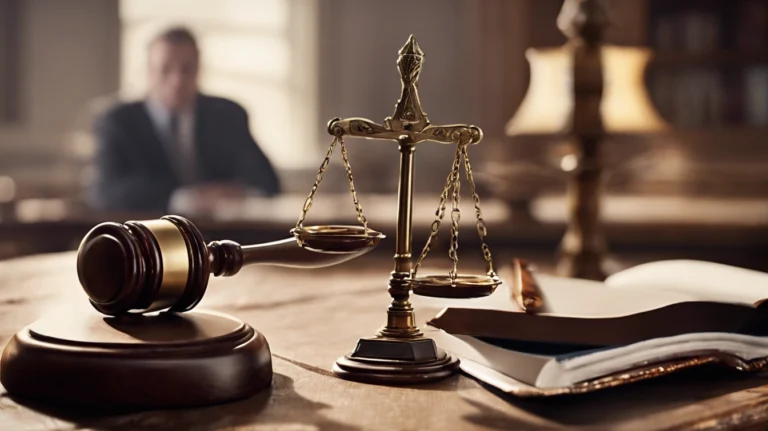
Probate Lawyers in New York: Your Guide Through the Process At Morgan Legal Group, we understand the complexities and emotional challenges of managing the estate
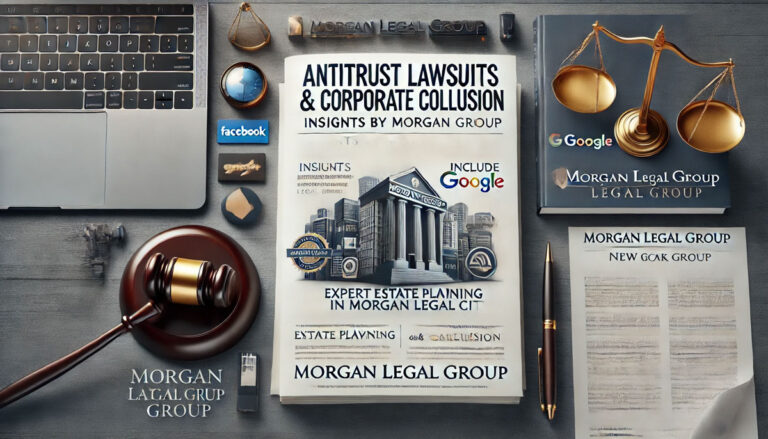
Antitrust Lawsuits and Corporate Collusion: Insights by Morgan Legal Group At Morgan Legal Group, located in New York City, we specialize in estate planning, probate,

Estate Planning and Probate At Morgan Legal Group, based in New York City, we specialize in estate planning, probate, guardianship, elder law, wills, and trusts.

Estate Planning and a Last Will in New York At Morgan Legal Group, located in New York City, we specialize in estate planning, probate, guardianship,

Importance of Elder Law Attorney in New York At Morgan Legal Group, located in New York City, we specialize in estate planning, probate, guardianship, elder
Ⓒ 2025 - All Rights Are Reserved | Privacy Policy | Estate Planning Attorney NYC | Sitemap